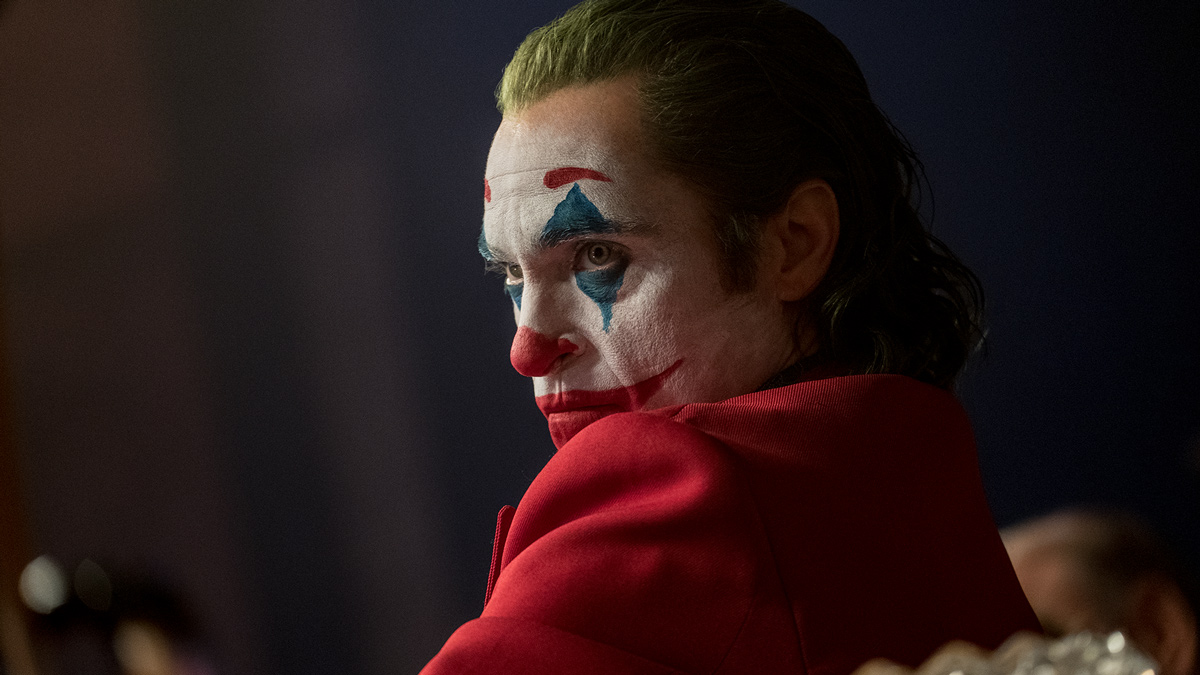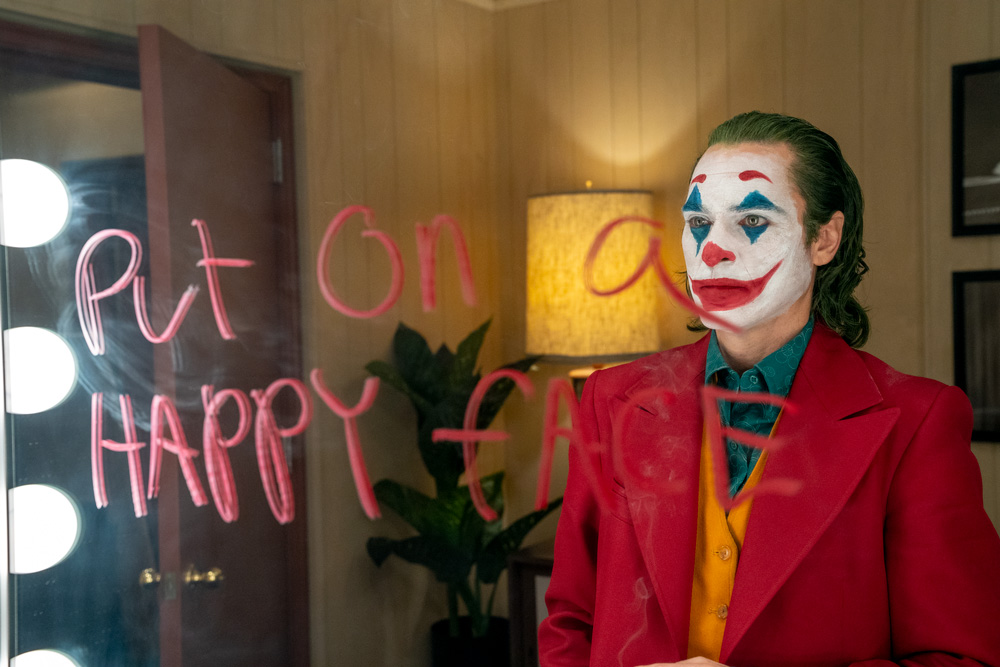
(C)2019 Warner Bros. Ent. All Rights Reserved TM & (C) DC Comics
"Joker" Until the victims of society acquire "kingly qualities" - Resonance with evil that touches on taboos
2019.10.04
Joker from a “solitary” existence to a “lonely” citizen
The villain Joker has a strong image of being the "incarnation of madness," partly due to the influence of " The Dark Knight ." He is a charismatic evil man who has no interest in wealth or fame, and enjoys destruction and chaos. The fact that his past is almost completely invisible adds to the sense of mystery, and in "The Dark Knight," all of his self-talk is made to be false, exuding an abnormal horror that could be called the "fear of distrust."
What makes the Joker so terrifying and fascinating? It's because, while he's a normal human being with no superpowers or anything, he's anything but "normal." He's a resident of the other side, someone who has reached the "truth" by transcending something human. An Jack Reacher who lives by his own beliefs. A revolutionary who blows away preconceived notions. He lives within the same human logic as us, but he has his eyes set on a completely different horizon.
Adding a "background" to such a character would, so to speak, "create an opening," and it could be said that this has long been a "forbidden technique."The Joker is interesting because he is inhuman, and should not be a character that evokes sympathy. For example, if Anton Chigurh from " No Country for Old Men for Old Men" (2007) were to show his humanity, he would lose that indescribable sense of menace. Depicting the past or the process of personality formation would only be a negative for these characters.

“Joker” (C) 2019 Warner Bros. Ent. All Rights Reserved TM & (C) DC Comics
However, "Joker" deliberately focuses on this aspect. The first important point is that the Joker in this film is a "good guy." By setting him as an upstanding, ordinary citizen named Arthur, rather than a genuine villain, it asks, "What drove this man down the path of evil?" This is, so to speak, an act of adding drama and, by creating room for empathy, dragging him down from his position as a "Monster."
Furthermore, elements such as "a disease that makes him unable to stop laughing," "mentally unstable and regularly taking medication," "not receiving a sufficient education," and "living in poverty with his bedridden mother" have been added, shifting the focus from the previous "isolated" character to that of an ordinary "lonely" citizen.
From the side of "stealing" to the side of "being exploited." Director Todd Phillips chose to strip the Joker of all of his original aura and show his flesh-and-blood humanity. To embody the image of "a hungry, unhealthy man, a malnourished wolf" as given to him by the director, lead actor Joaquin Phoenix lost about 20 kilos. He took on the rigors of role-playing, eating only one apple a day, and developed an abnormally skinny physique that was far from the charisma of evil.

“Joker” (C) 2019 Warner Bros. Ent. All Rights Reserved TM & (C) DC Comics
The Joker we see is a man with no smarts whatsoever, struggling to survive among the downtrodden in the outskirts of the city.
When madness is given a “reason,” a terrifying sense of empathy emerges.

